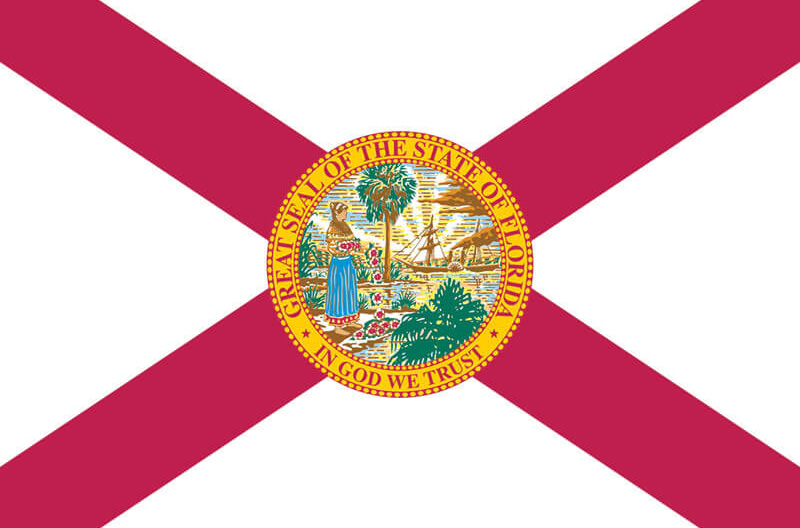Many Central Florida businesses are optimistic about the economy, according to a report by WFTV and the Orlando Business Journal.
The report featured an update from Sean Snaith, director of the University of Central Florida’s Institute for Economic Forecasting, who stated the central region and the state should be able to avoid the worst impacts of a possible slowdown of the national economy. This is due to a strong local labor market and population growth, among other factors.
The Sunshine State’s economic health, measured by real GDP, is expected to average 1.6 percent growth between 2023-27, according to the Institute for Economic Forecasting.
A report from WKMG noted Snaith’s forecast of a downward trend in new home construction, a slight decrease in job growth, more retirees and job seekers moving to Florida, average personal income growth at 3.6 percent throughout 2024-27 and a 3.3 percent estimated rate of economic growth in 2024.
The grocery industry in the Sunshine State has remained resilient, according to Lorena Holley, VP and general counsel for the Florida Retail Federation.
She noted that FRF members are “actively finding ways to stretch every dollar for Floridians by offering retail sales and promotions to maximize purchasing power.”
She said as Florida is home to nearly 22 million people, and a destination for nearly 140 million people every year, retail stores are presented with a large and diverse consumer audience.
“To address challenges and labor shortages, some Florida retailers have expanded channels in which goods are sold, increased automation to create efficiencies and reduce dependency on staff and increased customer engagement through communications and store experiences,” Holley said.
Organized retail crime continues to be an issue for grocers across the nation, and Florida is no exception. Holley said ORC rings “threaten the lives and livelihoods of Florida retailers and put consumer safety at serious risk. Nationally, there is a rise in smash-and-grab thefts.”
She said the FRF is working to create a safe shopping environment for customers and store associates while mitigating losses to keep costs affordable.
“We are fortunate to have strong partners and allies in our elected officials, including Attorney General Ashley Moody and state legislators, who have worked with us to pass meaningful legislation that enhances the safety of our communities.”
This year, the Florida Legislature passed House Bill 549 to enhance penalties for organized retail theft.
Overall, Holley said the state legislature continues to support the retail industry and consumers through the passage of meaningful legislation.
This session, she noted lawmakers provided nearly $1.5 billion in tax relief to Florida families and businesses. This included continuing historic sales tax-free holidays for hurricane supplies, summer recreational activity, back to school and tools for trade workers.
Resources available
Independent grocers in Central Florida continue to face challenges.
“[They] represent the heart of many communities across Florida,” Holley said. “Their focus remains on providing good value and quality to customers. Technology has played an essential role in helping grocers reduce overhead and labor dependency.”
[Related: Produce Takes Center Stage At Detwiler’s Farm Market]
The FRF and its Food Industry Council, which represents the state’s $45 billion grocery industry, advocates for members on a local and state level. Members also benefit from the following services:
- Educational opportunities on the latest food and safety rules and regulations;
- Resources for emergency operations, including real-time information during declared states of emergencies such as emergency orders, evacuation and curfew notices, waivers for SNAP and trucking regulations; and
- Professional counsel to navigate complex state regulatory agencies on issues including food safety inspections, alcohol and tobacco licensure and SNAP and WIC issues.

